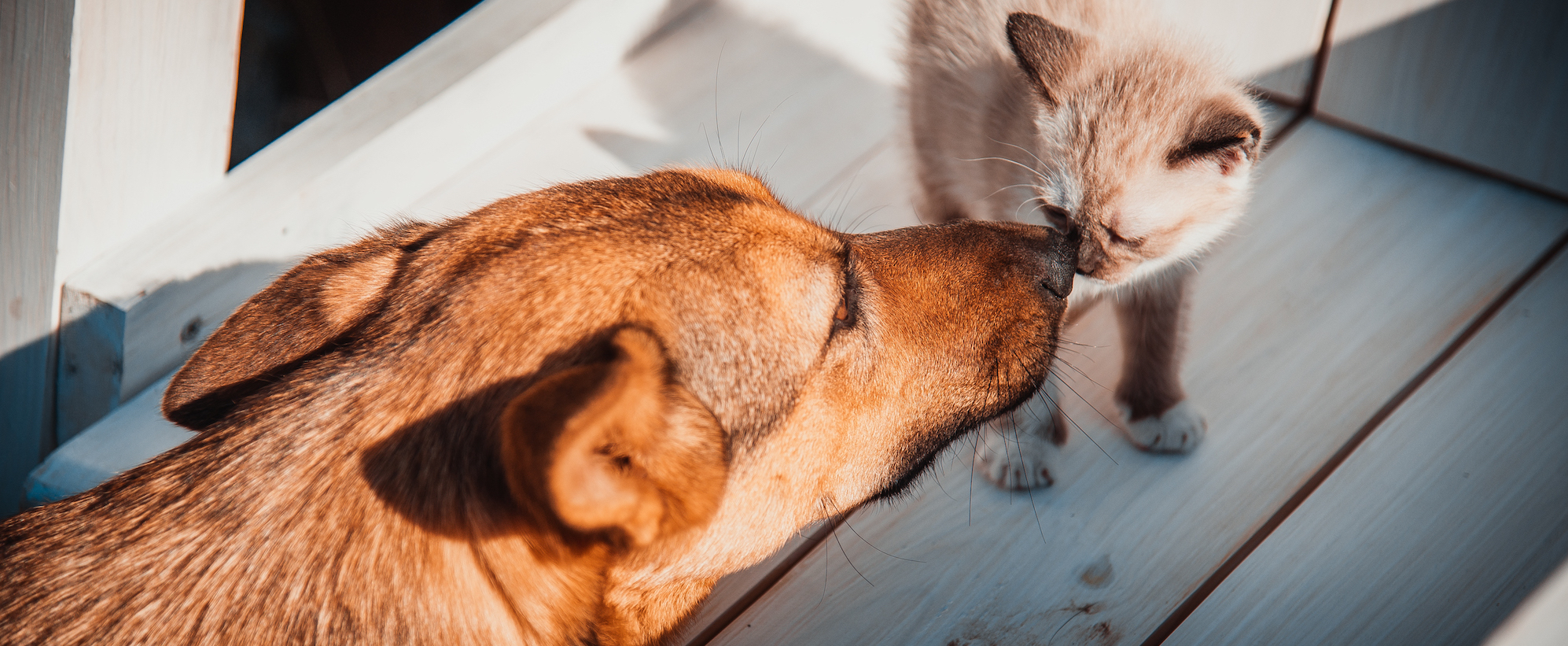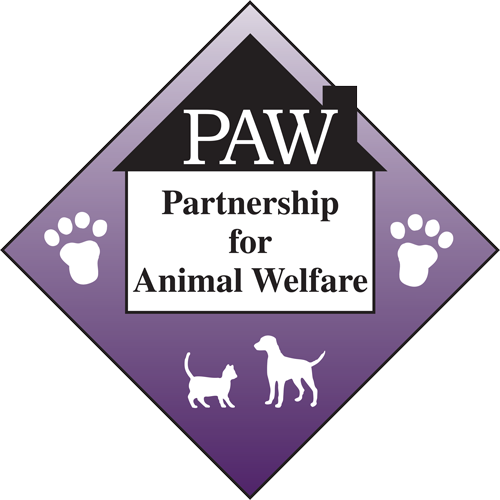
PAW Policies
The application process
After identifying a dog or cat they wish to adopt, prospective adopters fill out an application (usually online for faster processing). The application is reviewed within several days. If it is tentatively accepted, a vetcheck is done on current/past pets. Then a housecheck is conducted. If the adoption is approved, a contract is signed, donation made, and the pet goes home. No PAW cat or dog is given to an applicant until the adoption is approved and the contract is signed.
Spay/neuter
All PAW dogs are spayed / neutered. For underage cats, the adopter is required by the contract to have the animal altered no later than age 6 months. When sending proof of spay/neuter for cats by age 6 months, the adopter can request a partial refund ($50).
Adoption fees
The minimum donation is $350 per dog. For cats it is $140 if they are over a year old. For kittens under a year the donation is $175, but we offer a discount for adopting a pair. Donations are nonrefundable and due at the adoption contract signing. The adopter is not buying an animal; their donation helps fund PAW medical expenses. No money is spent on salaries, overhead, or daily animal care. PAW is all-volunteer; most funding comes from fund- raising activities.
Vet checks
PAW does a vet check on an applicant’s past and current animals. We seek confirmation that all pets are spayed/neutered and that vaccines have been given on time. We ask about the age and cause of death of past animals. For dogs, we confirm that regular heartworm tests and continuous dosing of heartworm preventive have taken place (exception: applicants who moved from an area where vets did not prescribe HW preventive) For cats we check on feline leukemia and feline immunodeficiency virus (FIV) tests.
Vaccines and medical treatment by PAW
PAW animals receive a vet exam and treatment for health problems at intake. At adoption, pets come with DHPP (dogs) and FVRCP (cats) shots, rabies vaccinations (age 4 months and older) and worming. PAW dogs have been tested for heartworms and kept on monthly preventative; cats are tested for feline leukemia and FIV. Adopters get the medical records as well as an adoption kit. Adopters need to register their adopted animal at their vet as soon as they receive PAW medical records, and for dogs, purchase heartworm preventive.
Outside animals
PAW does not adopt to people who keep dogs outside when no adult is supervising the dog, or who have outdoor cats. We do not adopt to people whose pets sleep outside or stay in a garage or unfinished basement or who will be kept in the bathroom while they are gone.
Declawing cats
We do not permit a cat or kitten adopted from PAW to be declawed. The state of Maryland has banned the declawing of cats. In addition, declawing is inhumane and unnecessary. We encourage adopters to trim their cats claws and to train their cats to use scratching posts or other scratching aids.
Fenced yards
Generally, adopters are not required to have fenced yards as a rule. However, some dogs may require it. Whenever a dog is outside and not in a secured fenced area, he or she must be leashed.
Electric/invisible fences for dogs
We do not permit electric/invisible fences for PAW dogs. Electric fences may keep some dogs contained (although this is not guaranteed), but they do not keep human or animal intruders from coming into the yard. Therefore, their use is not permitted.
Off-leash dogs
Whenever a PAW dog is outside and not in a secured fenced area, he or she must be leashed. Because so many dogs get hit by cars or lost, we do not adopt to people who let dogs off-leash in unfenced areas.
Renters
PAW is happy to accept applications from individuals who rent. PAW does a lease or landlord check to confirm pets are allowed.
Special requirements for adopting puppies
To effectively housetrain puppies, they shouldn’t be left alone an entire workday. We seek households in which the puppy can be taken out to potty every 4 hours or so.
Applicants with no experience with cats or dogs
We welcome first time adopters who understand the time and commitment required for their new pet.
Adoptions outside the Washington metropolitan area.
Adopters will be considered on a case-by-case basis.
PAW Non-discrimination Policy
PAW does not discriminate based on age, ancestry, color, creed, gender identity and expression, genetic information, marital status, mental or physical disability, national origin, race, religious affiliation, belief or opinion, sex, sexual orientation or any other protected status.
Timing of applications and multiple applications.
We don’t process applications before an applicant indicates which animal they have selected, so individuals should decide on one or two animals before applying. If the applicant has filled out a PAW application for one animal, he/she does not have to submit another application for new choices unless several months have lapsed. (And remember: dog applications cannot be used for cats, and vice versa.)
Approval for a specified animal only
Do not tell an applicant they are approved for an animal, even if they passed a recent PAW house check for another animal. Approval for one animal does not guarantee approval for another; some animals may have special requirements.
Returning adopted animals
Adopters should talk with a trainer, their vet and experienced volunteers before the adoption is in jeopardy. If the adopter decides to give up the animal, the contract requires the animal to be returned to PAW.


